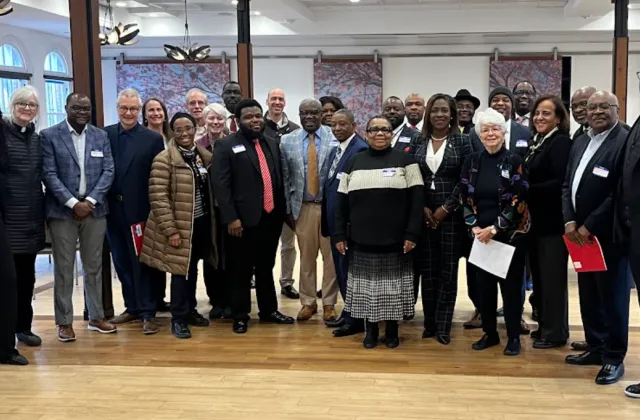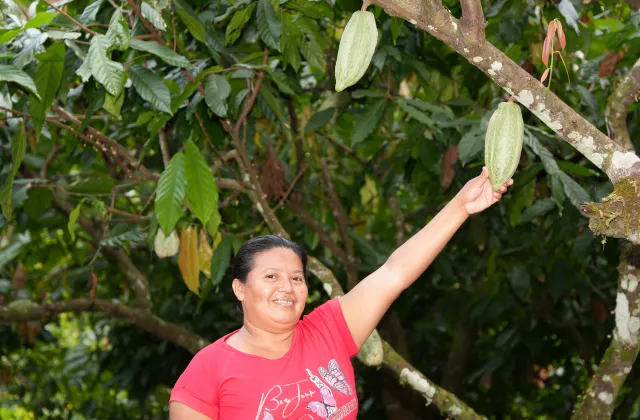This year, the Quixote Center will celebrate our 50th Anniversary!
Click HERE to find out how you can join the celebration.
About Us
The Quixote Center dismantles oppressive systems and structures so that vulnerable people are empowered to become the artisans of their own destiny. Inspired by liberation theology, we do this through sustainable development, U.S. policy reform, economic justice, and educational initiatives.
Programs
Latest Action

Take Action Now: Ask your Members of Congress to co-sponsor the ARMAS Act of 2025 – H.R.6736, S.3508
Gun trafficking from the United States is fueling deadly violence across Latin America and the Caribbean, with devastating consequences in countries like Haiti and Mexico. The ARMAS Act of 2025 would restore oversight, strengthen transparency, and hold U.S. arms exporters accountable, helping prevent weapons from falling into the hands of criminal gangs. Urge your Members of Congress to co-sponsor the ARMAS Act and take a critical step toward reducing violence and protecting lives across the region.
On December 16, 2025, Representative Castro introduced the ARMAS Act in the House – HR. 6736 – and Senator Murphy introduced the bill in the Senate – S.3506. We encourage everyone to utilize our congressional letter template and telephone script to ask your Members of Congress to fully support this bill.
Thank you for your continued support.
ADVOCACY UPDATES:
- TPS for Haitians: As the struggle to protect TPS for Haitian families plays out in court, Representative Ayanna Pressley’s discharge petition, which needs 218 signatures in the House of Representatives, offers another potential pathway toward the safety, stability, and dignity that Haitian families deserve. We invite you to call your Representative to ask them to sign on. You can call the Capitol switchboard at (202) 224-3121 and ask to be forwarded to the correct office.
Recent Updates
Judge Blocks Termination of TPS for Haitians—But Their Future Remains Uncertain
Last Tuesday evening brought a moment of relief many had been holding their breath for. In a decisive ruling, D.C. Circuit Court Judge Ana Reyes blocked the Department of Homeland Security’s attempt to terminate Temporary Protected Status (TPS) for Haitians. Her opinion stated plainly what has been evident for some time: the effort to end TPS was preordained and rooted in blatant racism.
Haiti and Haitians in 2026
Haiti remains volatile. According to the most recent report from the UN Security Council, there are now 1.4 million people displaced, 12% of the population, and 5.9 million people facing hunger, with 1.9 million facing extreme hunger. There are also alarming levels of sexual violence, with women and girls the primary victims.
Lighting the Path Forward: Inspiring Results from Our Nicaragua Pilot with CacaoNica
 As we step into a new year, Quixote Center is proud to share a story of resilience, partnership, and tangible hope emerging from rural Nicaragua. In collaboration with CacaoNica, Green Empowerment, and PeaceWorks, we launched the Community Autonomy in Energy and Sanitation (ACES) pilot project in August 2025—an initiative rooted in a simple but powerful vision: that access to clean energy and dignified sanitation can transform lives.
As we step into a new year, Quixote Center is proud to share a story of resilience, partnership, and tangible hope emerging from rural Nicaragua. In collaboration with CacaoNica, Green Empowerment, and PeaceWorks, we launched the Community Autonomy in Energy and Sanitation (ACES) pilot project in August 2025—an initiative rooted in a simple but powerful vision: that access to clean energy and dignified sanitation can transform lives.




